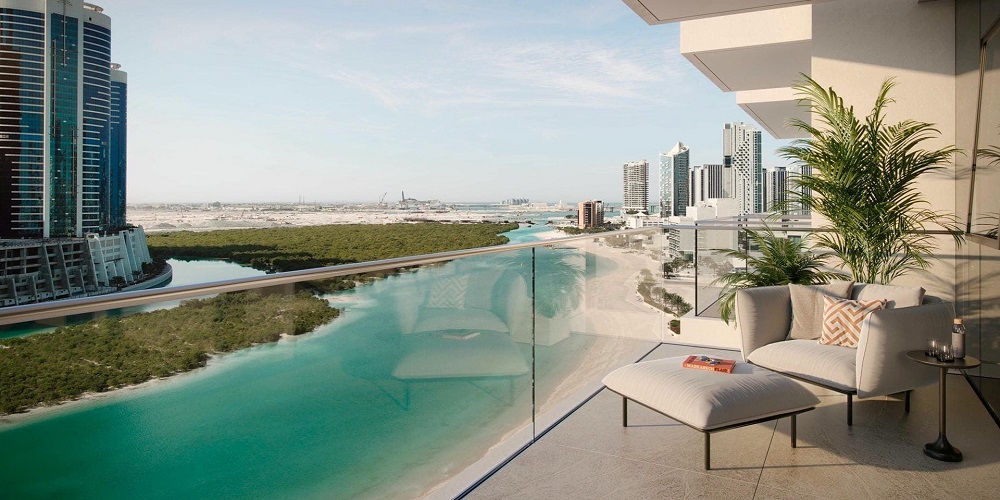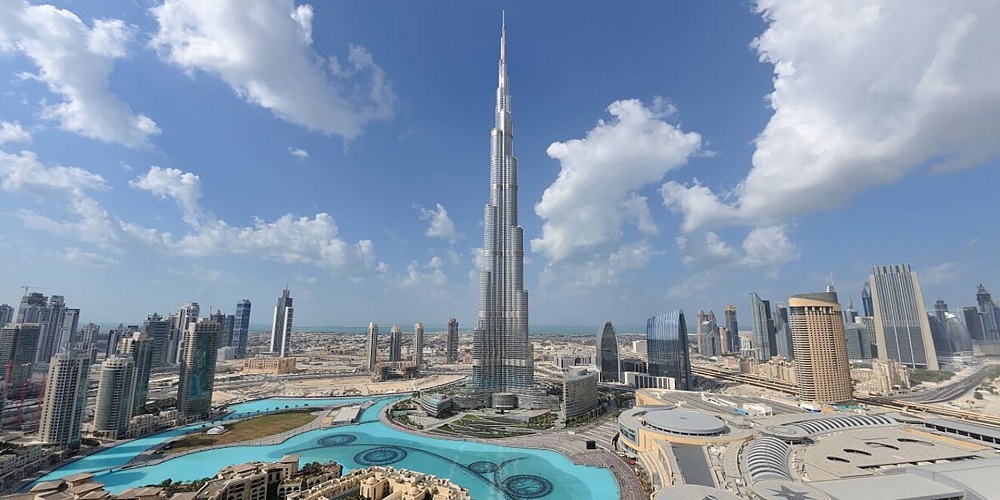The shimmering skyscrapers, bustling business hubs, and dynamic lifestyle of Dubai have made it a global magnet for expats and investors. But as you settle in and build your life here, a fundamental question arises: is it smarter to rent or to buy a property? This decision is more than just a financial calculation; it’s a choice that shapes your future.
In 2025, Dubai’s real estate market continues to evolve at a rapid pace, influenced by a surging population, attractive investor policies, and a steady stream of luxury developments. The market offers compelling opportunities for both tenants and potential homeowners. We’ll break down the key factors to help you make the right choice, from market trends to long-term investment potential.
Understanding the Dubai Real Estate Market in 2025
Dubai’s property market has entered 2025 with strong fundamentals and an optimistic outlook. The city’s status as a safe haven and a global business hub continues to attract a diverse mix of international buyers and long-term residents. According to recent reports, the residential market is experiencing organic growth, with property values and rental rates continuing their upward trajectory.
Deloitte’s 2025 report highlights a continued increase in sales prices and rental rates, driven by a 5% population increase and a robust economy. While the market has seen some moderation compared to the aggressive growth of previous years, the overall momentum remains strong. This is a mature market, but it’s far from stagnant. Luxury villas and high-end apartments are in high demand, particularly in prime locations like Palm Jumeirah and Downtown Dubai.

The Case for Renting: Flexibility and Lower Upfront Costs
For many, renting in Dubai is a perfect fit. It offers a level of flexibility and freedom that homeownership simply can’t match, especially if your long-term plans are still taking shape.
Key Financial Benefits of Renting
The most immediate and obvious benefit of renting is the lower barrier to entry. You don’t need to gather a massive down payment or worry about closing costs. This frees up a significant amount of capital that you can invest elsewhere, save, or use to enjoy the fantastic Dubai lifestyle. The costs of renting are largely predictable, centered around your monthly rent and a one-time security deposit (typically equivalent to one or two months’ rent).
Lifestyle and Practical Advantages
Renting means you’re not tied down. You can easily move to a new neighborhood if your job changes, your family grows, or you simply want a change of scenery. This is a huge advantage in a city where new communities are constantly developing. On top of that, your landlord or building management handles all the maintenance and repairs. No more worrying about a broken AC unit in the middle of a Dubai summer; a quick call is all it takes.

The Case for Buying: Building Wealth and Stability
If you view Dubai as a long-term home or a strategic investment location, buying property offers compelling benefits that go beyond just having a place to live.
The Investment Potential in 2025
Buying property allows you to build equity over time. Instead of your money going towards a landlord’s pockets, it goes into an asset that can appreciate in value. Dubai is known for its strong capital appreciation, and with a growing economy and population, experts forecast continued positive growth in 2025. This makes a property purchase a wise long-term investment.
Furthermore, owning a property gives you an opportunity to generate passive income through rental yield. For buy-to-let investors, Dubai’s strong rental demand and attractive gross rental yields (as high as 7.3% for apartments in Q1 2025) present a powerful way to secure your financial future.
Navigating the Purchase Process
While the upfront costs of buying a property are higher, modern home finance options make the process more accessible. For expats, a minimum down payment of 20% is typically required for properties valued up to AED 5 million. You will also need to budget for transaction fees, including the Dubai Land Department (DLD) fee, which is 4% of the property value. The average mortgage rates in 2025 are competitive, and many banks offer flexible repayment tenures up to 25 years.
A Side-by-Side Financial Comparison
To truly understand which option is better, let’s look at a hypothetical scenario for a typical one-bedroom apartment in a popular area like Jumeirah Village Circle (JVC).
Renting a 1-bedroom apartment in JVC:
- Annual Rent: Approximately AED 75,000 to AED 100,000.
- Agency Fee (5% of annual rent): AED 3,750 – AED 5,000.
- Security Deposit (5% of annual rent): AED 3,750 – AED 5,000.
- Total Initial Cost (Year 1): AED 82,500 – AED 110,000 (excluding utilities).
Buying a 1-bedroom apartment in JVC:
- Average Property Price: AED 800,000 to AED 1.2 million.
- 20% Down Payment: AED 160,000 – AED 240,000.
- DLD Fee (4%): AED 32,000 – AED 48,000.
- Mortgage Registration Fee (0.25% of loan amount): AED 1,600 – AED 2,400.
- Brokerage Fee (2% + VAT): AED 16,800 – AED 25,200.
- Monthly Mortgage Payment: Let’s assume a 4.5% reducing rate on a 25-year mortgage. A loan of AED 840,000 would result in a monthly payment of roughly AED 4,670 (AED 56,040 annually).
- Annual Service Charges: Approximately AED 10-15 per square foot. For a 750 sq. ft. apartment, this would be AED 7,500 – AED 11,250 per year.
- Total Initial Cost (Year 1): The initial lump sum is significant, but the annual costs (mortgage + service charges) could be comparable to or even less than the annual rent. The “break-even point”—where buying becomes cheaper than renting—often occurs within 3-5 years.
Final Verdict: Which Choice Is Right for You?
The decision ultimately comes down to your personal circumstances and financial goals.
Choose to Rent if:
- You plan to stay in Dubai for less than 3-5 years.
- You want flexibility and minimal commitment.
- You prefer a predictable cash flow and want to avoid large, upfront costs.
Choose to Buy if:
- You view Dubai as a long-term home or a strategic location for property investment.
- You have a stable job and sufficient savings for a down payment.
- You want to build wealth and an asset in a world-class city.
With a vibrant economy, investor-friendly policies, and a stable market, Dubai offers exceptional opportunities for both renters and buyers in 2025.
Conclusion
Whether you choose to rent or buy, the key is to make an informed decision based on a clear understanding of your financial situation and long-term plans. The Dubai real estate market is resilient and holds immense potential, but the right path depends on your journey. By weighing the pros and cons and consulting with a trusted real estate professional, you can navigate the market with confidence and secure a future that aligns with your goals.
Frequently Asked Questions (FAQs)
- Is 2025 a good year to buy property in Dubai? Yes, market experts agree that 2025 is a favorable year to buy property in Dubai. The market is positioned for sustained growth, making it an excellent time for long-term investment.
- How much down payment do I need to buy a property in Dubai as an expat? For a first-time home buyer, expats generally need a minimum of 20% down payment for properties valued under AED 5 million. This requirement can increase for higher-value properties.
- What are the biggest financial risks of buying property in Dubai? The main risks include potential market fluctuations, unexpected interest rate changes on a variable mortgage, and the costs associated with annual service charges and property maintenance.
- Can a foreigner get a mortgage in Dubai? Yes, many UAE banks offer home loans to foreigners, with mortgage rates that are competitive. Requirements typically include a minimum salary and a good credit history.
- How much are the Dubai Land Department fees? The primary DLD fee is a transfer fee of 4% of the property value, and it is most commonly paid by the buyer. There are also smaller fees for registration and title deeds.

